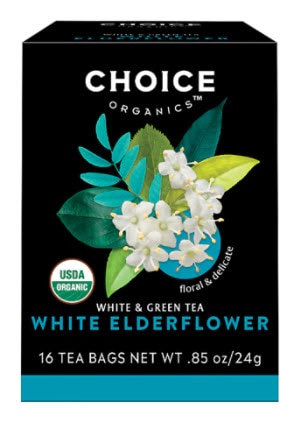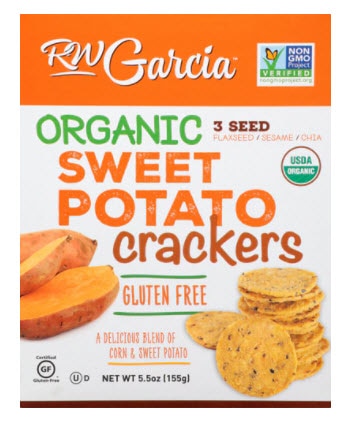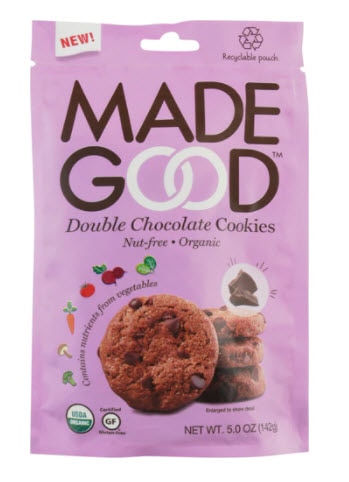A U.S. Department of Agriculture (USDA) rule that took effect Jan. 1, 2022, requires all food manufacturers and importers to disclose information about bioengineered (BE) food and BE food ingredients, according to the Food Tank website. Under the National Bioengineered Food Disclosure Standard, foods marked as containing genetically engineered (GE) ingredients or genetically modified organisms (GMOs) are now supposed to carry a “bioengineered” label.
GMOs are used in 80% of conventional processed foods in the U.S., according to the Non-GMO Project.
What is bioengineered food?
According to the new standard, bioengineered food contains “detectable genetic material that has been modified through certain lab techniques and cannot be created through conventional breeding or found in nature.” The standard was created under a federal law passed in 2016 in an effort to counteract state-level labeling campaigns.
Food safety advocates generally aren’t fans of the new federal rule.
The nonprofit Center for Food Safety is waging a court battle seeking to pull the BE rule, which was released in 2018. The center claims the majority of GMO-derived foods are unlabeled under the rule. In addition, the nonprofit complains that the rule allows QR codes as a substitute for product labeling.
Additionally, Food Tank points out that the new rule exempts animal feed, pet food and personal care products, as well as some foods for human consumption, like meat, poultry and eggs, from the BE labeling requirement. The new standard also leaves out food products that list meat, poultry or eggs as the first or second ingredient after water, stock or broth.
Research published in November 2021 suggests that based on the mandatory GMO labeling law in Vermont, voluntary GMO labeling “may already provide an efficient disclosure mechanism without mandatory GMO labels.”
In fact, the federal government has acknowledged the BE rule “is not expected to have any benefits to human health or the environment.” As such, critics have bashed the rule as a waste of time and money.
“These regulations are not about informing the public but rather designed to allow corporations to hide their use of genetically engineered ingredients from their customers,” Andrew Kimbrell, executive director of the Center for Food Safety, says in a news release. “It is a regulatory scam which we are seeking to rescind in federal court.”
In its legal case, the Center for Food Safety is representing a coalition of grocers and retailers.
Aside from the lawsuit, the center plans to launch a campaign urging its 1 million members and the general public to visit grocery stores and find products using QR codes to adhere to the BE rule instead of on-package text or symbols. Manufacturers of those products then will be targeted in a “public pressure” initiative demanding that those products be labeled with BE text or symbols in addition to QR codes.
The Non-GMO Project believes the federal BE rule doesn’t go far enough.
“Disclosing whether the products we buy for our families contain ‘detectable modified genetic material’ is simply not enough to preserve environmental health and ecological harmony for future generations,” the nonprofit organization says. “At the Non-GMO Project, we agree with the 65% of consumers who believe GMO labeling should be mandatory. We also believe that labeling should be meaningful, consistent, and transparent — effectively supporting everyone’s right to know what goes into their food.”
For an official list of bioengineered foods, visit the website of the U.S. Department of Agriculture.





